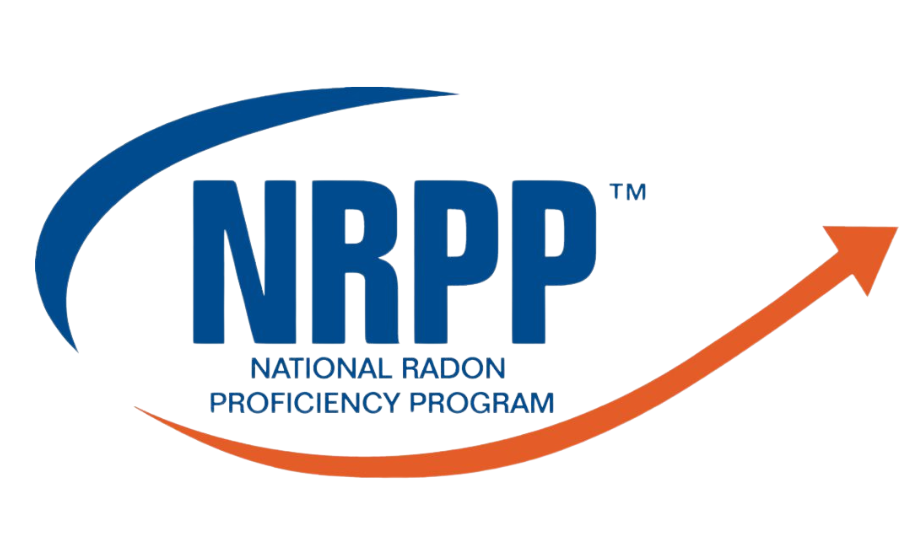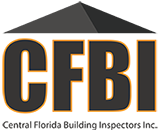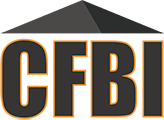Central Florida Radon Testing and Inspections
Keeping your indoor environment safe since 1988.
What is radon?
Radon is a cancer-causing natural radioactive gas that you can’t see, smell or taste. Its presence in your home can pose a danger to your family’s health. Radon is the leading cause of lung cancer among non-smokers. Radon is the second leading cause of lung cancer in America and claims about 20,000 lives annually. The U.S. Surgeon General and EPA recommend that all homes be tested.
Where is radon found?
What are the symptoms of radon in your home?
When should you test for radon?
Is radon testing required in Florida?
- Nursing Homes
- Assisted Living Facilities (ALFs)
- Schools (Private & Public)
- Day Care Centers
- Alcohol, Drug Abuse & Mental Health Facilities
- Correctional Facility or Jail
- Hospitals
- HUD Multifamily Dwellings
- Loans for Multifamily Accelerated Processing (MAP) & Traditional Application Processing
How does CFBI test for radon?
Radon is only able to be tested for with the use of special equipment such as a Continuous Radon Monitor (CRM) or special test kits such as Activated Charcoal (AC) or Liquid Scintillation (LS) devices. We will schedule a site visit to the home or office building and set the devices in the proper, recommended locations per the Dept. of Health and/or manufacturer of the test device. The exposure period will be 48 hours or more to ensure proper compliance and readings. We will pick up the test kits and then send them to the lab. With our CRM machines, we can have results back the same day. This makes this device very appealing for real estate transactions due the tight timeframes on inspection due diligence. For larger projects, such as bigger homes or commercial mandatory testing, we will use our AC or LS kits. They will be overnighted to an accredited laboratory and the results will be back in approx. 2-4 days. If the mandatory testing form (DH 1777) needs to be completed for the state, you can add an extra 1-2 days to the process of completing all forms with signatures.
How much does radon testing cost?
For our residential real estate transactions, our CRM service starts at $250.00 but can be more depending on various factors.
For all commercial or mandatory testing jobs, we require a phone consultation to determine the features of the building, the use of the facility, and some other factors before giving a proper quote. Please use the info below to contact us for your radon testing questions. If this is a residential project, you can also use our “Schedule Now” feature to book the job online.
Call For a Quote:
407-863-0651
F.A.Q.
Have questions about the home inspection process? Our FAQs cover everything you need to know before scheduling your radon inspection service.
What is radon?
Radon is a naturally occurring radioactive gas that forms when uranium breaks down in soil, rock, and water. It is invisible, odorless, and tasteless.
Why is radon a concern?
Radon is the second leading cause of lung cancer in the U.S. after smoking. Prolonged exposure to elevated levels can significantly increase health risks.
Is radon a problem in Florida?
Yes. While not as widespread as in some northern states, many areas of Florida—especially Central and North Florida—have elevated radon levels, particularly in buildings with slab foundations or poor ventilation.
What is a radon inspection or radon test?
Is radon testing required when buying or selling a home in Florida?
Radon testing is not legally required, but Florida law requires radon disclosure in real estate transactions involving certain building types.
What buildings must disclose radon information in Florida?
All real estate transactions involving residential buildings with more than three units, schools, daycares, and state-licensed facilities must include radon disclosure language.
What’s considered a high radon level?
The EPA action level is 4.0 picocuries per liter (pCi/L). Levels at or above this should be addressed with mitigation.
Is radon only a concern in basements?
How often should radon be tested?
How do I schedule Radon testing?



